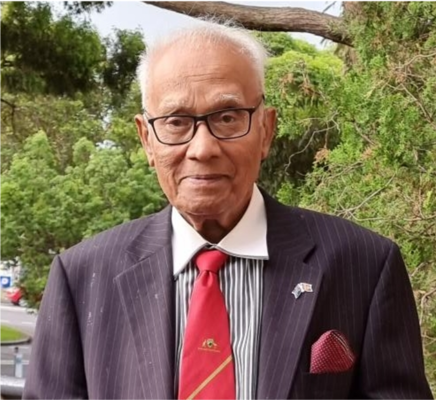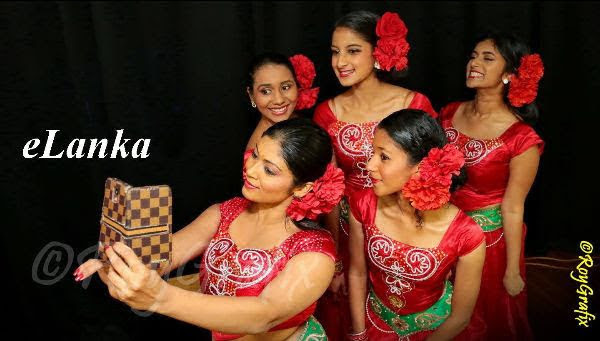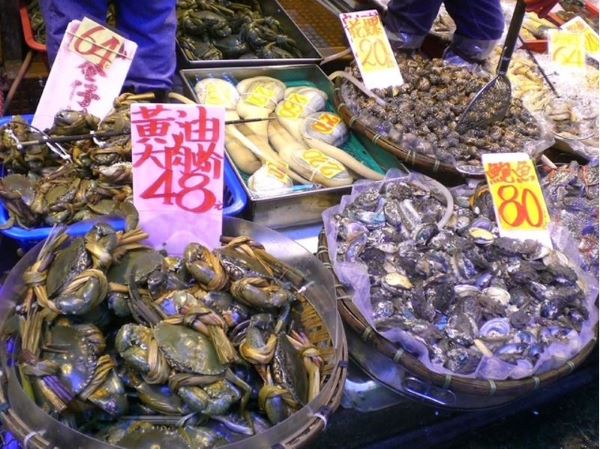European Leaders Struggle for Unity on Ukraine Amid Deepening Divisions – By dr Harold Gunatillake

Paris Summit Reveals Persistent Divisions Concerning Military Assistance and Troop Deployments
“ While public statements persistently reaffirm support for Kyiv, the future remains laden with disagreements—regarding military assistance, the scope of involvement, and the ultimate objectives of Western intervention”.
European leaders convened in Paris on Wednesday, the 5th of 2025, with the intention of demonstrating a unified stance in support of Ukraine. However, underlying the proceedings, the summit exposed ongoing divisions within the coalition, emphasising differing positions on military assistance, troop deployments, and the overarching strategy to counter Russia’s conflict against Ukraine.
Key Divisions Among European Leaders
- The summit, convened by French President Emmanuel Macron, was characterised by tension and unresolved Macron underscored the necessity for “robust guarantees” of support for Ukraine, emphasising France’s commitment to unwavering and sustained backing. Despite his appeal, achieving consensus among the participating nations remained elusive.
- Macron’s Push for European Leadership
- France is positioning itself as a central architect of Ukraine’s future security, signalling a shift toward more autonomous European defence planning.
- However, without firm S. backing, the credibility of these guarantees may be questioned
- According to reports by the Financial Times, the coalition of European leaders divided into three distinct groups:
- London and Allies: The United Kingdom, together with its close partners, indicated openness to the possibility of deploying troops to Ukraine, representing the most proactive stance at the summit. Britain also committed to providing long-range missiles, thereby reinforcing its role as one of Kyiv’s most steadfast allies.
- Rome: Italy, diverging markedly from London, categorically dismissed any measures involving troop deployment, advocating for restraint and caution regarding escalation.
- Berlin: Germany, Europe’s economic powerhouse, opted for delay and hesitation, reportedly hindered by internal debate and a lack of political consensus on the optimal course of action.
Reactions and External Perceptions
External entities promptly recognised the apparent absence of cohesion. Moscow promptly dismissed the summit, dismissing it as a congregation of the “Euro Narco Cartel” operating under the influence of the United States. Russian authorities regarded the discord as additional evidence of what they perceive as a fragmented and indecisive Western response.
Behind the Scenes: Cracks in Solidarity
Notwithstanding the endeavours undertaken by Paris and other capital cities to project solidarity, analysts and observers have observed that the summit’s demonstration of unity was primarily symbolic rather than substantive. The disagreements—about both the methods and objectives of support for Ukraine—were perceived as potentially encouraging Russian President Vladimir Putin.
As unity diminishes, certain analysts have cautioned that Putin might become more confident in his conviction that time and European fatigue favour Russia. The fissures within the coalition, if left unaddressed, could undermine efforts to support Ukraine and influence the trajectory of the ongoing conflict.
In conclusion,
The Paris meeting served as a stark reminder of the complexities confronting European leaders as they grapple with Russia’s invasion of Ukraine. While public statements persistently reaffirm support for Kyiv, the future remains laden with disagreements— regarding military assistance, the scope of involvement, and the ultimate objectives of Western intervention. As the conflict persists, the capacity of European nations to unite cohesively may prove pivotal in determining the war’s outcome.




















